This year is poised to make significant strides in the field of quantum computing, as declared by the United Nations: 2025 has been designated the "International Year of Quantum Science and Technology," a global effort aimed at increasing public understanding of technological advancements and fostering further innovations.
This timing aligns with the centennial celebration of modern quantum mechanics' inception, a field that has brought about innovations such as lasers and advanced magnets made from rare earth elements, along with technologies like the internet and worldwide positioning systems. Without quantum science, our contemporary world would appear vastly dissimilar.
However, we have barely touched upon what might be achieved. Despite being at an early stage in numerous aspects, quantum computing has the potential to transform our daily existence.
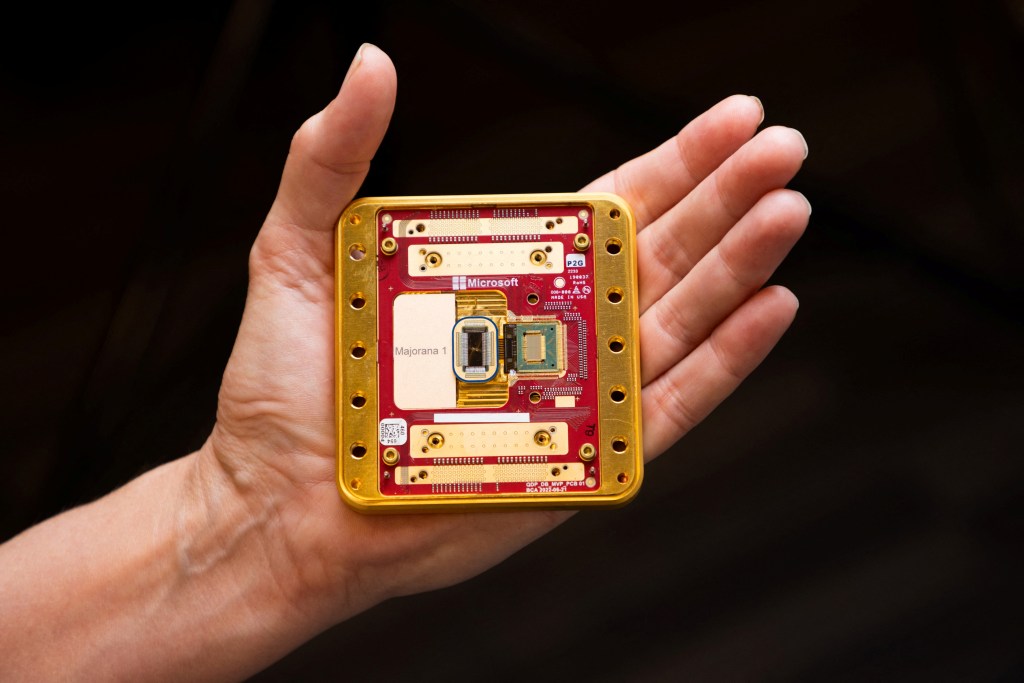
Quantum technologies could transform medicine and artificial intelligence, and have the potential to be used for applications ranging from financial modeling to cryptography, designing new materials for superconductors and better batteries, and accelerating machine learning.
But what exactly is What about quantum computing? Does it have significance outside the realm of experts in labs?
In contrast to classical computers that utilize binary digits (bits) signifying data as either 0 or 1, quantum computers employ quantum bits (qubits). These qubits have the capability of being both 0s and 1s simultaneously. Consequently, they possess the potential to address intricate issues with significantly enhanced speed.
Imagine a scenario where a mouse must navigate through a labyrinthine structure. In the case of traditional computing systems, this analogy depicts the mouse having to explore each corridor individually, systematically ruling out all incorrect options until it finally discovers the right route and successfully exits the maze.
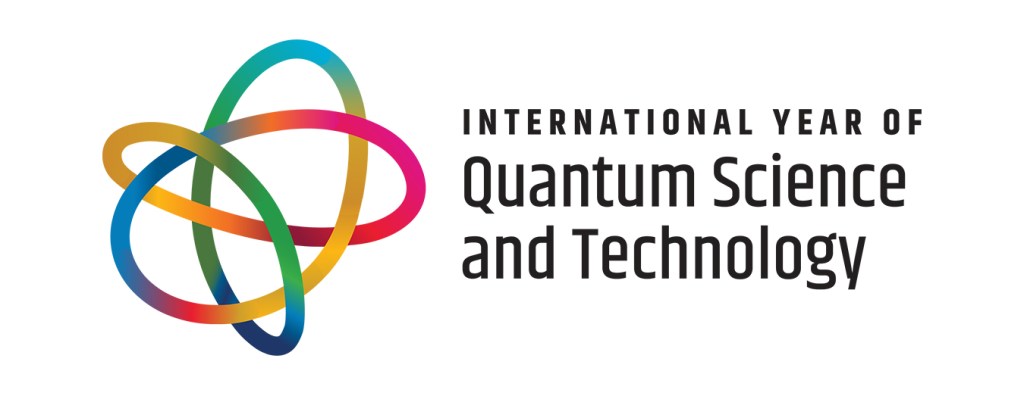
With quantum computing, the mouse gets supercharged and is able to try every possible pathway simultaneously. It’ll find the exit in a fraction of the time.
That means scientific discoveries could happen faster, in weeks or days rather than decades. The prospects are so promising that companies across the globe are scrambling for a piece of the pie.
STAY UP TO DATE WITH THE LATEST NEWS BY SUBSCRIBING TO MORNING REPORT NEWSLETTER
Earlier this week, IBM announced that it would be investing $30 billion Over the coming five years to advance quantum computing capabilities. Amazon has already launched cloud-based quantum computing access for early adopters.
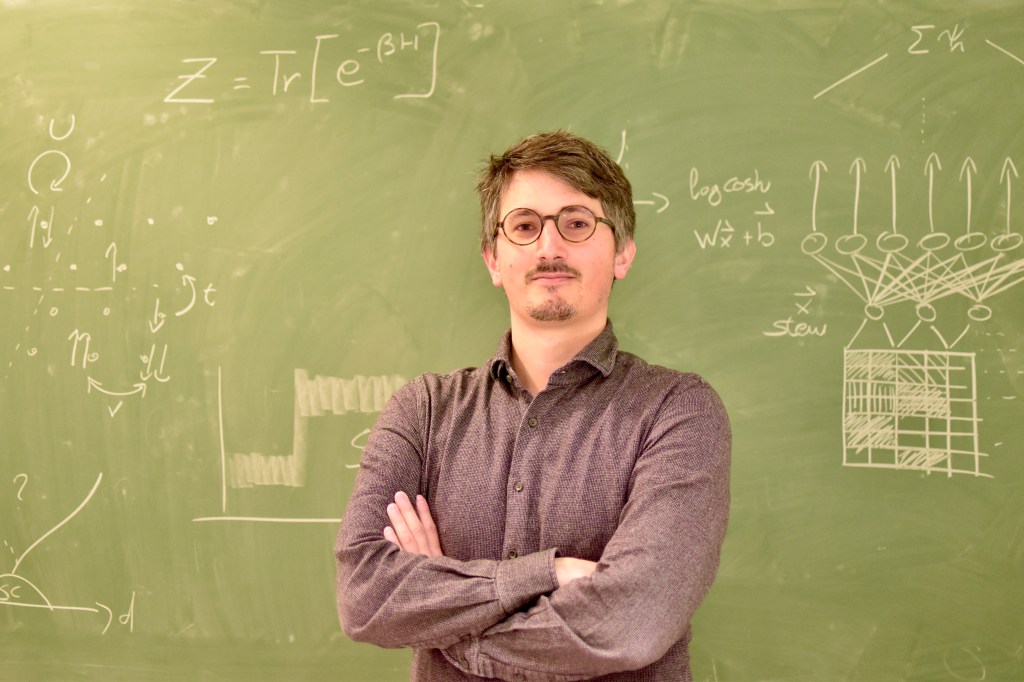
The prominent Chinese retailer Alibaba is building its dedicated quantum data center, whereas the Chinese government is developing a massive $10 billion national facility for quantum research in Hefei City. Various projections suggest that the worldwide quantum computing market could reach significant heights. $125 billion by 2030 , where North America currently holds the largest market share, but Asia leads in terms of growth, as stated in a January 2023 Precedence Research report. (Interestingly, Colorado currently boasts the the highest density of quantum computing businesses and establishments globally due to initial study initiatives at the University of Colorado .)
One of the most significant quantum advancements this year was recently featured in the journal. Science D-Wave Systems, a firm located in Palo Alto, California, employed quantum computing techniques to model the characteristics of magnetic substances utilized in smartphones and medical imagery equipment.
Their results were “beyond the scale of what can be done with classical approaches,” Trevor Lanting, D-Wave’s chief development officer, told The Post. “We believe we’re the first and the only organization in the world to demonstrate quantum supremacy on a real-world problem.”
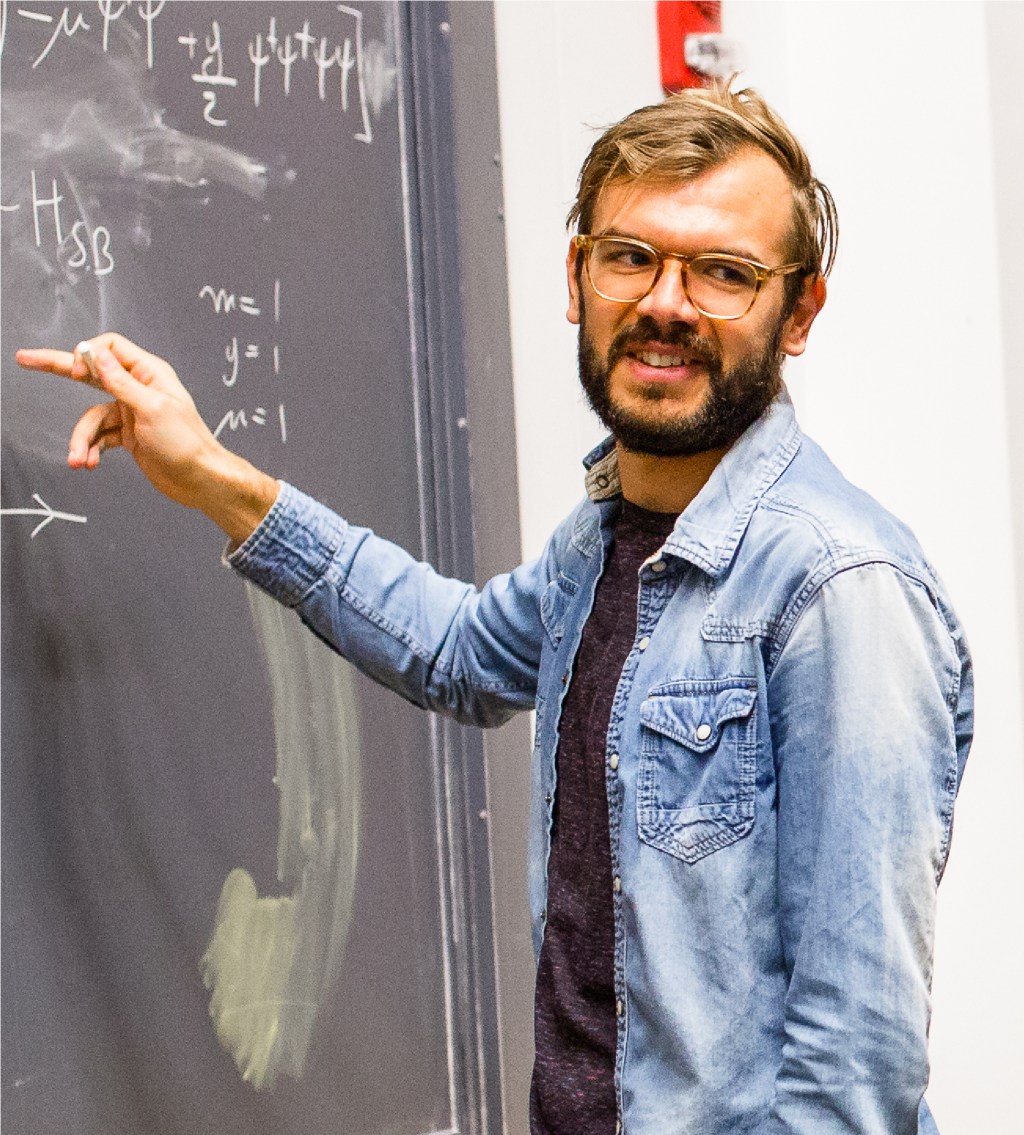
According to their findings, a quantum computer was able to complete the magnetic materials simulation in just under 20 minutes. “That same problem would’ve taken a state-of-the-art classical computer, like one of the world’s leading supercomputers at Oak Ridge National Laboratory, almost a million years to do,” says Andrew King, one of D-Wave’s senior scientists.
If true, it could mean we’re on the path to faster research and scientific discovery. “This is the promise of quantum computing realized,” says Lanting. “This is why huge corporations are investing in quantum computing technologies.”
But not everybody in the science community is ready to give D-Wave its accolades. Some labs are hitting back with their own experiments, proving that classical computers can still hold their own against quantum computers. Indeed, the United Nations may be promoting a year of quantum science goodwill, but at laboratories and institutions around the world, the battle is brewing for quantum supremacy.

For example, Joseph Tindall, a quantum physics researcher at the Flatiron Institute, headed a study in March specifically in reaction to D-Wave. His team performed comparable computations to those tested by D-Wave on an ordinary laptop and achieved identical outcomes. just two hours It may not be extremely quick, but it’s certainly much faster than anything near a million years.
“[D-Wave] certainly obtained some remarkable outcomes across various intricate issues, and I genuinely do not wish to downplay that," Tindall shared with The Post. "It's just that their assertions of 'dominance' or 'accomplishing what would require millions of years for a supercomputer' aren't entirely accurate and involve much greater complexity.
Miles Stoudenmire, a research scientist affiliated with the Flatiron Institute, argues that one issue with D-Wave’s assertion of quantum supremacy stems from the rapid pace of scientific advancement today. He explained to The Post, "Their comparison relied on the best available classical techniques when this study was conducted back in 2024." According to him, D-Wave downplayed classical computing capabilities by presuming these methodologies remained fixed and unevolving—similar to pitting a Honda driver against competitors without acknowledging improvements made since the era of the Model T.

"Solidly achieving a quantum advantage is quite challenging," notes Dries Sels, a physics professor at New York University.
King from D-Wave simply brushes off these critiques. "Everyone enjoys a good debate," he remarks. However, he remains confident that they have only scratched the surface of what can be achieved through quantum supremacy. Indeed, as he points out, science continually progresses beyond its own boundaries; "what was once deemed unattainable keeps advancing and encompassing our achievements." Yet, despite shifting benchmarks, the performance and effectiveness of their device remain constant.
D-Wave wasn't the pioneer in asserting "quantum supremacy." This ambitious idea has existed for slightly more than ten years. It originated first coined by Caltech theoretical professor John Preskill, who hoped to “hasten the day when well-controlled quantum systems can perform tasks surpassing what can be done in the classical world.”

In 2019, Google introduced Sycamore, a quantum computer able to perform computations that would require 10,000 years for even the top-tier supercomputers globally. However, these claims come with some boasting. were lost last year , when researchers from the Shanghai Artificial Intelligence Laboratory in China completed the same task on a conventional computer in just 14.22 seconds.
Google tried again last December With Willow, a 105-qubit superconducting quantum processing unit that is said to accomplish a calculation in just five minutes which would typically require hundreds of conventional computers over ten years. septillion years.
Last year, researchers from the University of Science and Technology of China created a "quantum supremacy" capable computer known as Zuchongzhi 3.0—a 105-qubit processor prototype—claiming it operated with speeds approximately one quadrillion times quicker than leading supercomputers. top supercomputers globally .
However, despite these remarkable figures, Filippo Vicentini—a professor specializing in artificial intelligence and condensed-matter physics at École Polytechnique in Palaiseau, France—cautions that businesses might be "overhyping and overstating both the consequences and impacts of their accomplishments as well as their expectations for future capabilities."
Moreover, the resources required to construct and run a quantum computer pose a significant obstacle, with expenses reaching into the " tens of billions of dollars ,” according to computer hardware manufacturer SEEQC.
“One has to weigh that against their speed and other benefits,” says Stoudenmire.
Still, with the billions being poured into AI right now, a similar investment stream into quantum computing could be forthcoming if it proves as effective.
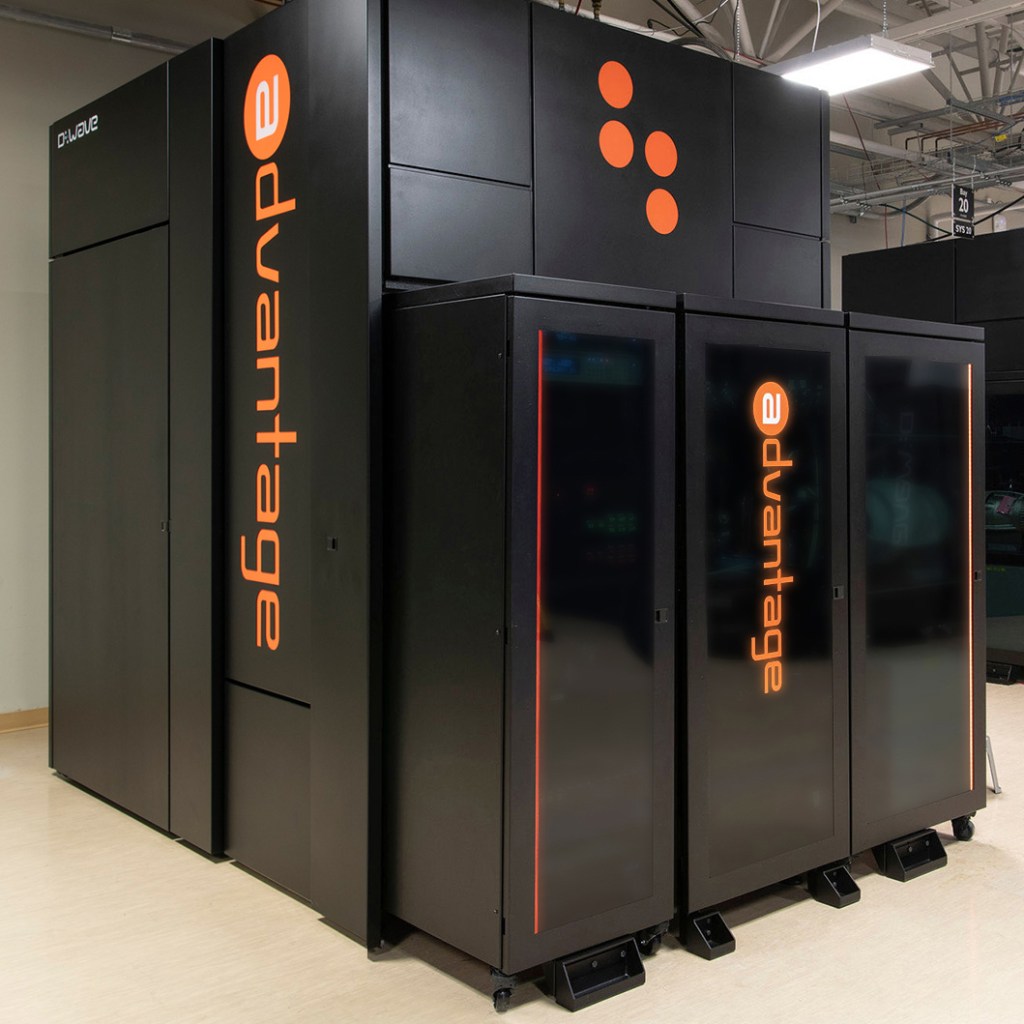
Stoudenmire also insists it’s too soon to give up on classical computers. There’ve been significant changes in the development of classical algorithms in recent years. They’re faster than ever, at a fraction of the cost of quantum computers.
For now, at least, the big advantage of quantum computers is generating “solutions to certain large problems very rapidly,” says Tindall. The benefit here is scale — even if it comes, like all emerging technologies, with drawbacks.
“At present, all quantum machines have imperfections and generate errors that cannot be completely corrected yet. As such, the answers these systems provide are merely close approximations.”
Vicentini, despite his skepticism of the “supremacy” claims, says he’s optimistic for the future of quantum platforms. The next five years could see “a paradigm shift in the field of computational quantum sciences,” Vicentini says. “It’ll just be a much slower development than what companies argue.”

But Lanting at D-Wave promises that more advances are coming, and they’ll be anything but slow.
"Towards the end of this year, our plan is to introduce more extensive processors ranging from 4,000 to 4,400 qubits." For reference, IBM’s "Condor" processor, introduced in 2023 , possessed 1,121 superconducting qubits.) "We will witness a growing number of more complex and advanced quantum computing outcomes," Lanting states.
If D-Wave achieves just half of their intended goals, the UN’s International Year of Quantum Science will certainly prove worthwhile.
0 Response to "Why the Global Quest for 'Quantum Supremacy' Is Heating Up"
Post a Comment